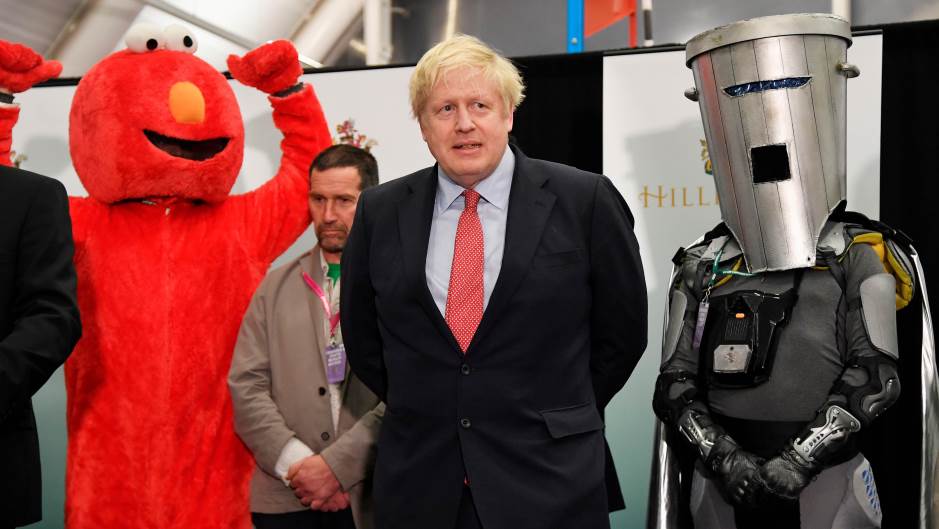
Lawmakers in Britain's new-look Parliament have finally approved the Prime Minister's Brexit deal, a landmark moment after three years of political infighting that sets the UK firmly on course to leave the European Union next month.
Oglas
Johnson's withdrawal agreement sailed through its first obstacle in the House of Commons Friday on a mostly partisan vote, eight days after the Conservative leader comfortably won a general election on a simple promise to "get Brexit done."
It means the UK will split from the block on January 31, when a transition period kicks in that will give both sides 11 months to agree on their future relationship.
The vote is a significant achievement that had so agonizingly eluded Johnson's predecessor Theresa May on three occasions and had seemed a distant proposition at times during the UK's intractable Brexit crisis.
Oglas
But the real work begins now for Johnson, who hardened his bill after the election to rule out extending the transition phase. He now has just a year to avoid a de facto no-deal divorce with the bloc.
"Now is the moment to come together and write a new and exciting chapter in our national story, to forge a new partnership with our European friends, to stand tall in the world," Johnson said in Parliament on Friday, shortly before MPs passed the bill by 358 votes to 234.
"The bill ensures that the implementation period must end on 31st of December next year with no possibility of an extension," he said, adding a trade deal would include "no alignment on EU rules." He also said the UK will crackdown on unskilled immigration, with a new points-based system.
The conditions mean the new decade is likely to begin with more tough negotiations and threats of a cliff-edge split, familiar concerns in a country that has become bogged down by political divisions since Brits voted to leave the EU in 2016.
Beleaguered Labour leader Jeremy Corbyn, still in his post despite suffering a humiliating electoral defeat to Johnson last week, said that the deal risks "ripping our communities apart, selling out our public services or sacrificing hundreds of thousands of jobs in the process."
He added it was "an absolute disgrace" that the government also removed parts of the bill that would ensure Britain continues to give sanctuary to refugee children post-Brexit.
Oglas
Johnson's plan, agreed last October after months of frosty stand-offs with European leaders, replaces May's Northern Irish backstop mechanism with a de facto customs border in the Irish Sea between Northern Ireland and the rest of the UK.
That approach prompted fury from his former supporters, the Democratic Unionist Party, but Johnson's new control of the chamber means he no longer has to appease them or the other factions across the House.
Kakvo je tvoje mišljenje o ovome?
Učestvuj u diskusiji ili pročitaj komentare
Oglas
Kakvo je tvoje mišljenje o ovome?
Učestvuj u diskusiji ili pročitaj komentare
Oglas
NAJČITANIJE
Oglas
Oglas
Najnovije
Oglas
Oglas





 Srbija
Srbija
 Hrvatska
Hrvatska
 Slovenija
Slovenija



























































